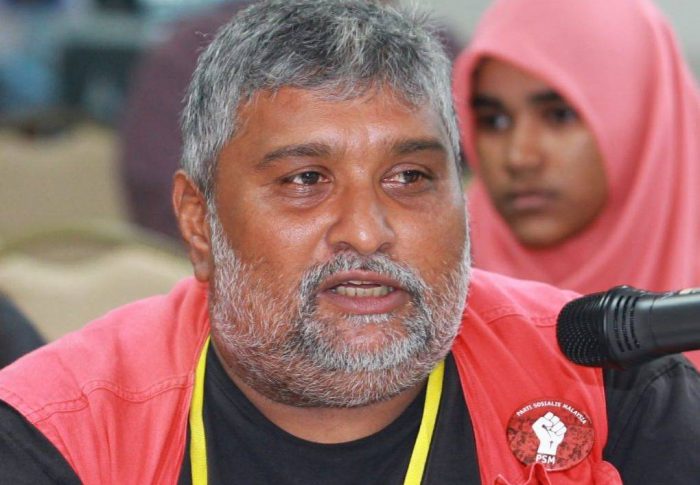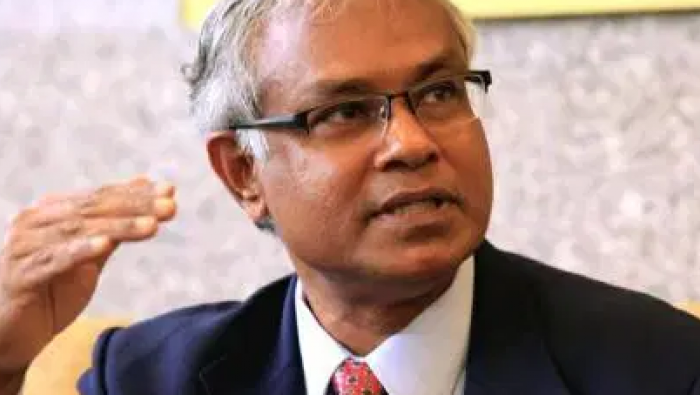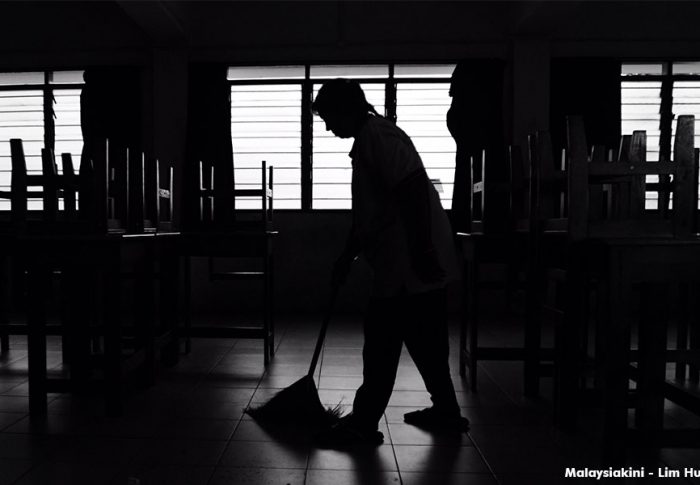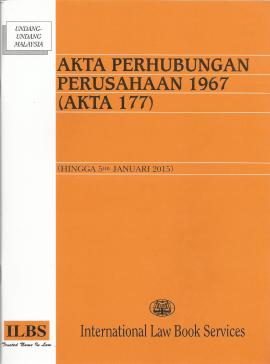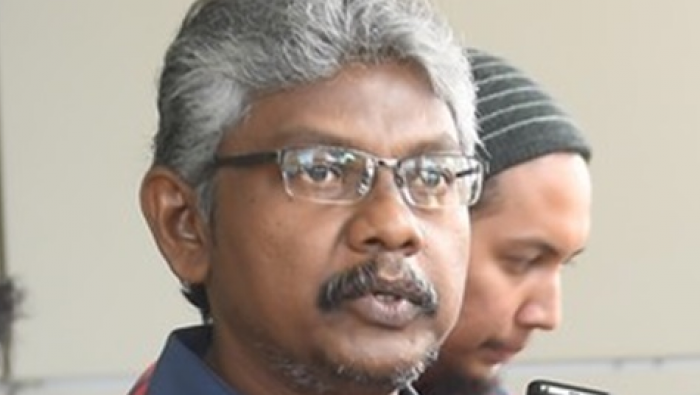Ramai penghantar makanan (rider) syarikat penghantaran makanan atas talian Foodpanda yang bekerja di luar Lembah Klang telah mengadakan mogok selama 3 hari dari 30 September hingga 2 Oktober 2019, untuk membantah skim pembayaran baru yang menghapuskan bayaran tetap RM4 sejam kepada mereka.
Mogok ini telah mendapat perhatian ramai termasuk pihak kerajaan. Kabinet telah mendengar isu mogok penghantar makanan Foodpanda dalam mesyuarat mingguannya, dan membuat keputusan untuk menubuhkan sebuah jawatankuasa khas yang dianggotai oleh tiga kementerian dengan tujuan mengkaji lebih mendalam mengenai isu “ekonomi gig” dengan lebih mendalam. Tiga kementerian yang terlibat ialah ialah Kementerian Sumber Manusia, Kementerian Belia dan Sukan serta Kementerian Perdagangan Dalam Negeri dan Hal Ehwal Pengguna.
Menurut Syed Saddiq Syed Abdul Rahman selaku Menteri Belia dan Sukan, Kerajaan menyarankan syarikat Foodpanda untuk mengembalikan skim pembayaran asal untuk menjamin kebajikan para penghantar makanan.
Menteri Sumber Manusia M. Kula Segaran pula berkata bahawa kementeriannya sudah bertemu dengan wakil syarikat Foodpanda Malaysia berhubung isu mogok penghantar makanan Foodpanda. Kula Segaran mengatakan bahawa syarikat Foodpanda mengesahkan bahawa ia akan memantau skim gaji baru yang dilaksanakan di beberapa negeri sebelum memutuskan sama ada boleh kembali ke skim lama atau tidak.
Mogok penghantar makanan Foodpanda telah mendapat perhatian pihak kerajaan dan sedang dalam usaha mencari jalan penyelesaian, adalah sesuatu yang positif. Namun, adalah menjadi persoalan sama ada Kerajaan kita hari ini memahami isu pokoknya dalam perkara berkaitan dengan ekonomi gig atau tidak.
Syed Saddiq dalam kenyataannya berkata bahawa “kerajaan percaya kepada persaingan pasaran bebas, tetapi ia tidak boleh mengorbankan nasib pekerja”. Bunyinya seperti boleh mewujudkan situasi “menang-menang”, tetapi hakikatnya realiti ekonomi gig hari ini jauh lebih berbeza.
Masalah yang dihadapi oleh penghantar makanan Foodpanda, adalah sebahagian daripada masalah lebih besar yang dihadapi oleh semua golongan pekerja yang sedang mencari rezeki di bawah ekonomi gig.
Ekonomi gig menjadi satu trend yang sedang menular di seluruh dunia, termasuklah Malaysia, bukannya sebab anak muda hari ini sukakan “kebebasan” maka memilih kerja yang bersifat lebih “fleksibel”; sebaliknya adalah disebabkan logik pengumpulan modal yang berterusan melalui pemaksimuman keuntungan syarikat pemodal membawa kepada “inovasi” sistem ekonomi yang melemahkan perlindungan hak dan jaminan kerja untuk golongan pekerja. Syarikat korporat dan pemodal besar mahukan keuntungan lumayan, tetapi bagi mereka sistem kerja tetap yang sedia ada dengan pekerja dilindungi dengan jaminan kerja (iaitu tidak boleh dipecat sewenang-wenang) dan hak pekerja (seperti hak untuk menubuhkan kesatuan sekerja, menikmati kebajikan pekerja dan sebagainya) dianggap sebagai penghalang kepada pemaksimuman keuntungan. Sistem kerja yang “fleksibel” atau bersifat kontrak di bawah ekonomi gig, amat seiras dengan motif korporat terus menjana keuntungan dengan mengurangkan tanggungjawabnya terhadap kebajikan pekerja.
Oleh itu, adakah “kepercayaan kepada persaingan pasaran bebas” daripada Kerajaan itu sejenis kepercayaan sepenuhnya kepada golongan korporat yang sentiasa mencari jalan untuk memaksimumkan keuntungan tanpa mempedulikan akibatnya?
Jika kerajaan serius dalam mengendalikan isu ekonomi gig, maka jawatankuasa khas yang terdiri daripada tiga kementerian itu perlu mengkaji kerangka undang-undang baru untuk membendung masalah ekonomi gig yang mengkaburkan hubungan “majikan-pekerja”. Pekerja-pekerja yang diupah sebagai “kontraktor”, “vendor” atau “pekerja bebas” (freelancer) oleh pemilik platform perkhidmatan atas talian, walaupun namanya sedap didengar dan ganjarannya untuk kerja sesuatu tempoh mungkin lebih menarik berbanding seorang pekerja tetap yang diupah di bawah ekonomi “tradisional”, tetapi mereka tidak mempunyai jaminan kerja seperti pekerja sepenuh masa dan mudah terjerumus dalam perangkap kemiskinan dalam era keadaan ekonomi yang tidak menentu kerana krisis ekonomi boleh berlaku bila-bila masa.
Mogok pekerja Foodpanda terbaru ini sekali lagi menunjukkan bahawa aksi mogok ialah senjata yang paling berkesan untuk golongan pekerja menyuarakan tuntutan mereka. Jika adanya organisasi pekerja atau kesatuan sekerja yang lebih tersusun, sudah pastinya pencapaian mogok akan jauh lebih hebat.
Laporan sebelum ini: Pekerja foodpanda mogok untuk jaminan pendapatan


